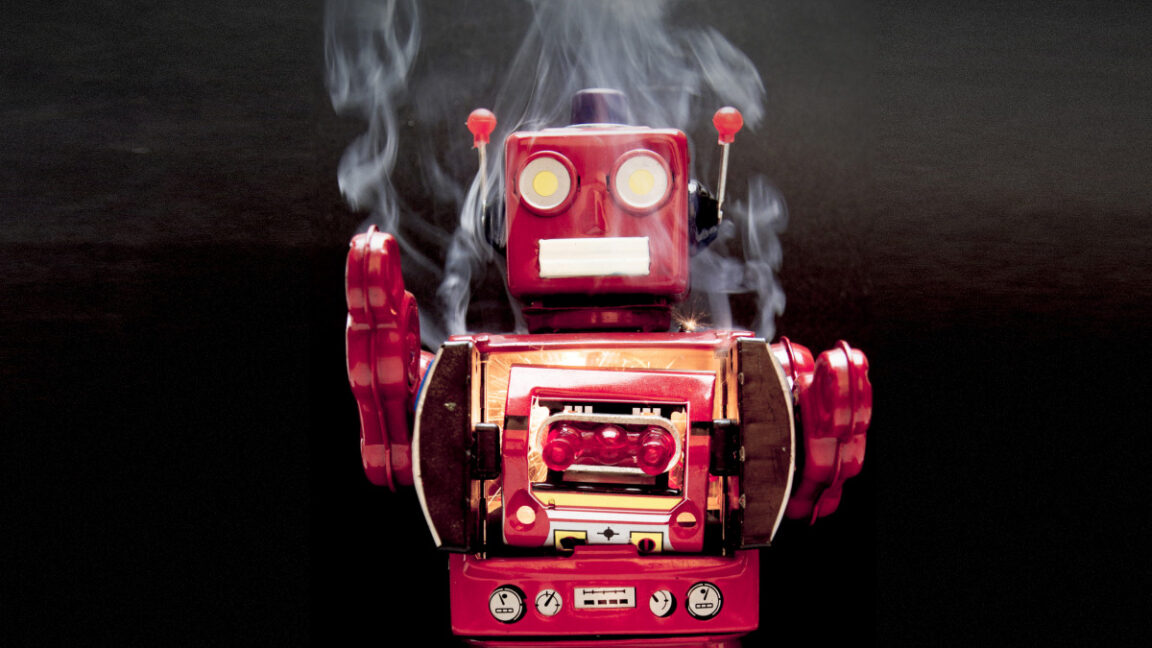Introduction to Docker Containers for Machine Learning
Docker containers offer significant advantages for machine learning by ensuring consistent, portable, and reproducible environments across different systems. By encapsulating all dependencies, libraries, and configurations in a container, Docker eliminates compatibility issues and the “it works on my machine” problem. This makes it easier to move ML projects between development, cloud, or production environments without worrying about differences in setup. Additionally, Docker enables scalability and isolation, allowing machine learning workflows to be easily scaled using tools like Kubernetes, and ensuring that dependencies do not conflict between different projects.
Benefits of Using Docker Containers for Machine Learning
The use of Docker containers for machine learning provides several benefits, including:
– Consistent and portable environments
– Elimination of compatibility issues
– Easy scalability and isolation
– Simplified movement of ML projects between environments
Exploring Docker Container Images for Generative AI and Machine Learning
In this article, we will explore 11 Docker container images for Generative AI and machine learning projects. These include tools for development environments, deep learning frameworks, machine learning lifecycle management, workflow orchestration, and large language models.
Machine Learning and Data Science
Some of the Docker container images for machine learning and data science include:
– Python Jupyter Notebook data science stack
Generative AI and Deep Learning
Some of the Docker container images for Generative AI and deep learning include:
– Hugging Face Transformers
– NVIDIA CUDA deep learning runtime
– TensorFlow
– PyTorch
– Ollama
– Qdrant
Workflow Orchestration and ML Lifecycle Management
Some of the Docker container images for workflow orchestration and ML lifecycle management include:
– Airflow
– MLflow
– Kubeflow Notebooks
Conclusion
In conclusion, Docker containers provide a convenient and efficient way to manage machine learning projects. By using Docker container images, developers can ensure consistent and portable environments, eliminate compatibility issues, and easily scale their projects. The 11 Docker container images explored in this article provide a range of tools for machine learning and Generative AI projects, from development environments to workflow orchestration and ML lifecycle management.
Frequently Asked Questions
Some common questions about using Docker containers for machine learning include:
–
What are the benefits of using Docker containers for machine learning?
The benefits of using Docker containers for machine learning include consistent and portable environments, elimination of compatibility issues, easy scalability and isolation, and simplified movement of ML projects between environments.
–
What are some popular Docker container images for machine learning and Generative AI?
Some popular Docker container images for machine learning and Generative AI include Python Jupyter Notebook data science stack, Hugging Face Transformers, NVIDIA CUDA deep learning runtime, TensorFlow, PyTorch, Ollama, Qdrant, Airflow, MLflow, and Kubeflow Notebooks.
–
How do I get started with using Docker containers for machine learning?
To get started with using Docker containers for machine learning, you can explore the Docker container images mentioned in this article and follow the instructions for installing and using them. You can also find more information and resources on the Docker website and other online platforms.











